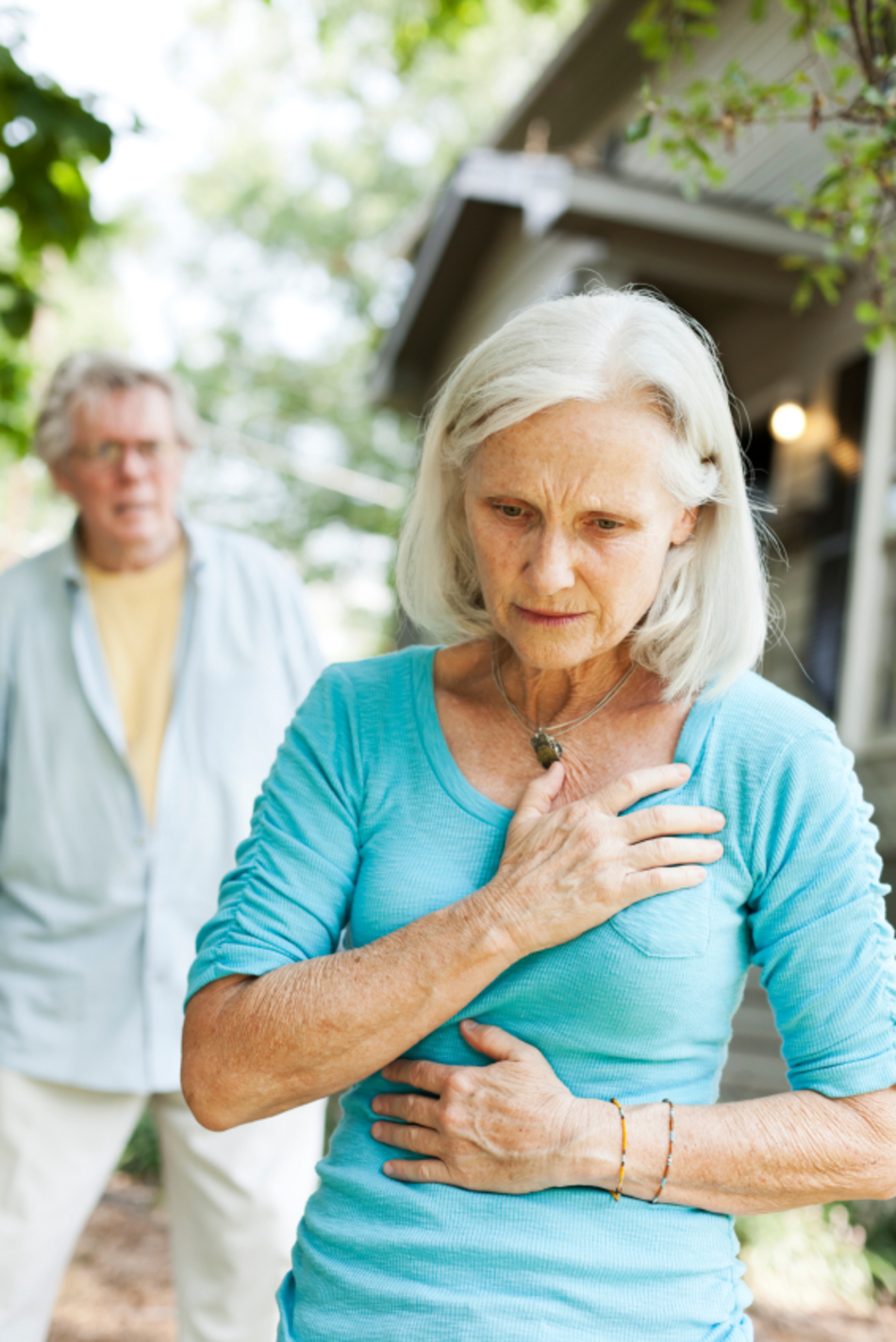Episode Transcript
Interviewer: Is it bad enough to go to the Emergency room, or isn't it? Find out now. This is E.R. or Not on The Scope. Time for another edition of E.R. or Not with Dr. Troy Madsen. This is an interesting one: I'm having pains in my chest. E.R. or not?
Dr. Madsen: And that is always a tough question because chest pain is one of the most common things we see in the E.R., and 95% of the time or more, all the testing we do is negative. But it's very concerning because there's that 5% of the time where it's a heart attack, where it's something really serious and it's something you need to come to the E.R. for.
Risk Factors for Heart Disease
Dr. Madsen: So the big thing I base this on is what are your risk factors for heart disease? Because when we think chest pain we think of the heart. If you're someone who is older, let's say over the age of 55, if you're a smoker, you've got high blood pressure, high cholesterol, diabetes, all these things that increase your risk, absolutely you need to come to the E.R. If you're someone who is 25 years old, who was maybe out running, maybe got a little bit tight, maybe coughing a little bit, there, I'm not so concerned. Maybe it was a little bit of asthma, something like that that just caused some tightness in the chest.
So the big thing in my mind is, what kind of risk factors do you have for heart disease, is it a crushing pain that goes up to your neck? Is it causing you to sweat? Does it go down your arm, you feel nauseated, and all these other things that are signs of a heart attack? All good reasons to come to the E.R.
Other Causes of Chest Pain
Interviewer: I've had instances where I feel like there's a gas bubble in my chest and it's hard to breathe in deeply.
Dr. Madsen: Yes.
Interviewer: And eventually if you do breathe in deep enough it kind of pops and goes away.
Dr. Madsen: Yeah.
Interviewer: What's that?
Dr. Madsen: It's probably something that's worked it's way up into your esophagus, maybe a little gas bubble up in there that you're feeling over in your chest. Sometimes a lot of causes of chest pain are maybe not causing symptoms exactly like you had, but maybe some kind of a viral illness that can cause some inflammation along the ribs, or along the lining of the lungs. All those can cause these sort of things that cause chest pain. And they're not really that serious.
Signs of a Heart Attack
Interviewer: Is chest pain for a heart attack on the left side, or can it be on the right side?
Dr. Madsen: It's tough. Sometimes, even in older women, it can be abdominal pain. They can have signs of a heart attack where they're actually having pain down in their abdomen and you're thinking, "Oh, maybe they've just got a little bit of food poisoning or a virus." So it's really tough. So that's why it's usually the left side and it's usually going to cause pain to go up and down your neck and your arm and make you sweat. That's a classic heart attack, but I've seen lots of cases of heart attacks that aren't classic, so that's why in my mind, I think a lot in terms of what are their risks for heart disease, and if they have a lot of risks, I'm going to do more testing on those patients.
Interviewer: And come into the E.R.
Dr. Madsen: Yeah, absolutely.
Announcer: We're your daily dose of science, conversation and medicine. This is The Scope, University of Utah health sciences radio.
